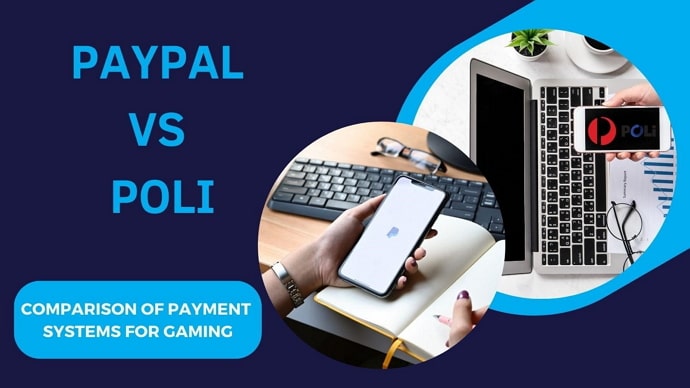In today’s interconnected digital world, ensuring online privacy and security has become paramount. With the rise in cyber threats and concerns about data privacy, Virtual Private Networks (VPNs) have gained widespread popularity as a crucial tool for individuals and organizations alike. This article delves into the concept of VPNs, their functionalities, benefits, and their relevance in modern cyber landscapes.
What is a VPN?
A VPN, short for Virtual Private Network, is a technology that creates a secure and encrypted connection over a less secure network, typically the internet. It enables users to access the internet securely by routing their connection through a server operated by a VPN provider such as Surfshark, ProtonVPN, CyberGhost and many more.
You can learn more about Surfshark, a leading VPN provider known for its robust security features and user-friendly interface, to explore how VPNs can enhance your online experience.
This process masks the user’s IP address and encrypts their internet traffic, providing anonymity and protection from cyber threats.
How Does a VPN Work?
When a user connects to a VPN server, their device creates an encrypted tunnel through which all data transmitted between the user and the internet passes. This encryption prevents third parties, such as hackers or internet service providers, from intercepting or accessing the user’s data. Additionally, by assigning a new IP address to the user’s device, a VPN enhances anonymity and helps bypass geo-restrictions.
Benefits of Using a VPN
- Enhanced Security: One of the primary benefits of using a VPN is enhanced security. The encryption and tunneling protocols employed by VPNs protect sensitive data from being intercepted or monitored by malicious actors, ensuring a secure online experience.
- Privacy Protection: VPNs safeguard user privacy by masking their IP addresses and preventing websites, advertisers, or ISPs from tracking their online activities. This anonymity is particularly valuable in regions with strict internet surveillance or censorship.
- Access to Geo-Restricted Content: VPNs enable users to bypass geo-blocks and access content that may be restricted based on their geographical location. This includes streaming services, websites, and online platforms that limit access to specific regions.
- Secure Remote Access: For businesses and remote workers, VPNs offer a secure way to access internal networks and sensitive information remotely. This ensures data confidentiality and integrity, even when accessing resources over untrusted networks.
- Protection on Public Wi-Fi: Public Wi-Fi networks are often targeted by cybercriminals due to their inherent vulnerabilities. Using a VPN on public Wi-Fi encrypts data transmissions, preventing unauthorized access to personal or confidential information.
Types of VPNs
- Remote Access VPN: This type of VPN is commonly used by individuals and employees to access a private network remotely. It provides a secure connection to the organization’s network, allowing users to work from anywhere while ensuring data security.
- Site-to-Site VPN: Site-to-Site VPNs are utilized by businesses to connect multiple office locations or networks securely. They establish encrypted tunnels between different sites, facilitating secure data transfer and communication.
- Client-Based VPN: Client-based VPNs require users to install VPN software or apps on their devices. These VPNs offer flexibility and ease of use, allowing users to secure their internet connection across various devices such as computers, smartphones, and tablets.
- Browser-Based VPN: Browser-based VPNs operate as browser extensions and provide VPN functionality within the web browser. While they offer convenience for securing browser activity, they may not encrypt other internet-connected applications on the device.
Choosing the Right VPN
When selecting a VPN provider, several factors should be considered:
- Security Protocols: Ensure the VPN uses strong encryption protocols such as AES-256 and supports secure tunneling protocols like OpenVPN or IKEv2/IPsec.
- Server Locations: Choose a VPN provider with servers in locations that align with your needs, such as accessing geo-restricted content or optimizing connection speeds.
- No-Logs Policy: Look for VPN providers that adhere to a strict no-logs policy, ensuring they do not store or track your online activities.
- Speed and Performance: Consider VPNs that offer fast connection speeds and minimal latency, especially if you engage in activities like streaming or online gaming.
- Compatibility: Ensure the VPN is compatible with your devices and operating systems to ensure seamless integration and usage.
Conclusion
VPNs play a crucial role in safeguarding online privacy, enhancing security, and providing access to a free and open internet. Whether for personal use, remote work, or business operations, leveraging a reliable VPN can significantly enhance online experiences while mitigating cyber threats and privacy risks. By understanding how VPNs work, their benefits, and factors to consider when choosing a provider, individuals and organizations can make informed decisions to protect their digital assets and ensure a secure online environment.





 Bitcoin
Bitcoin  Ethereum
Ethereum  Tether
Tether  XRP
XRP  Solana
Solana  USDC
USDC  TRON
TRON  Dogecoin
Dogecoin  Lido Staked Ether
Lido Staked Ether